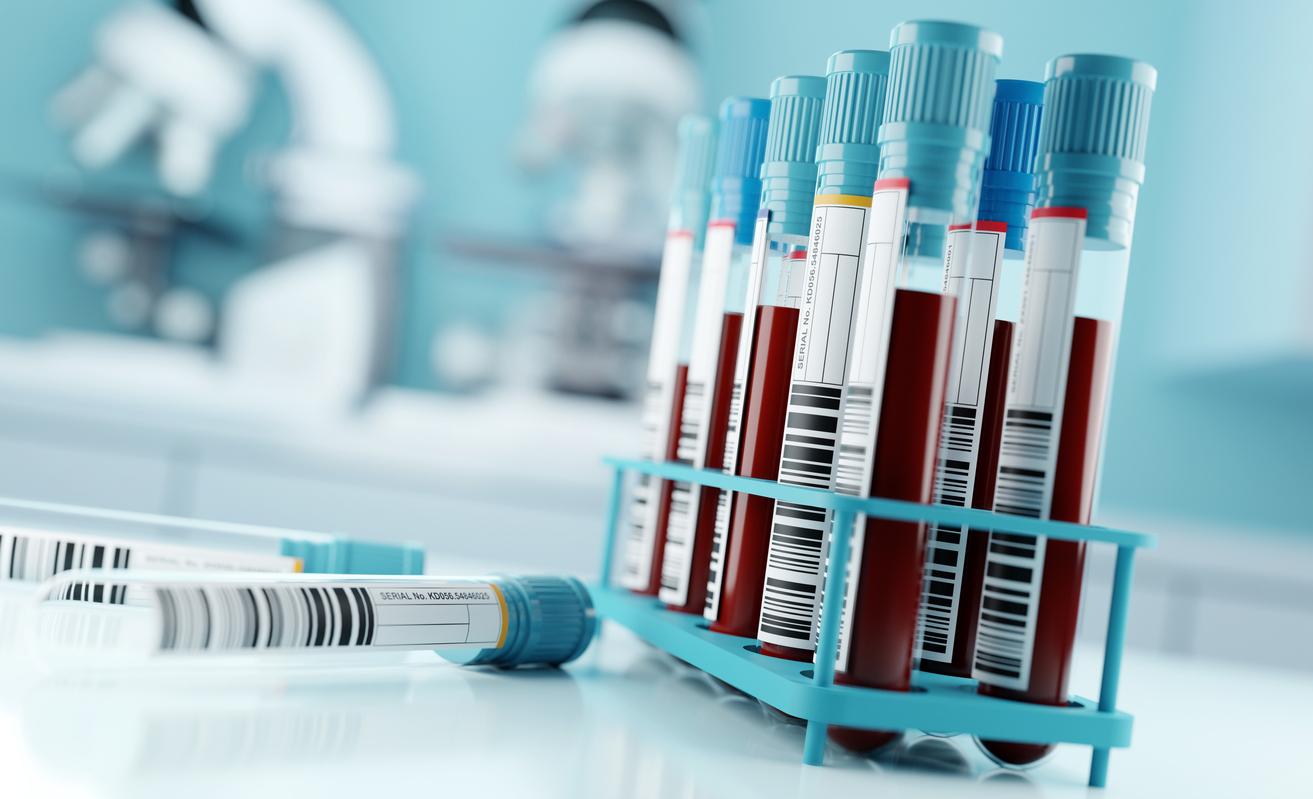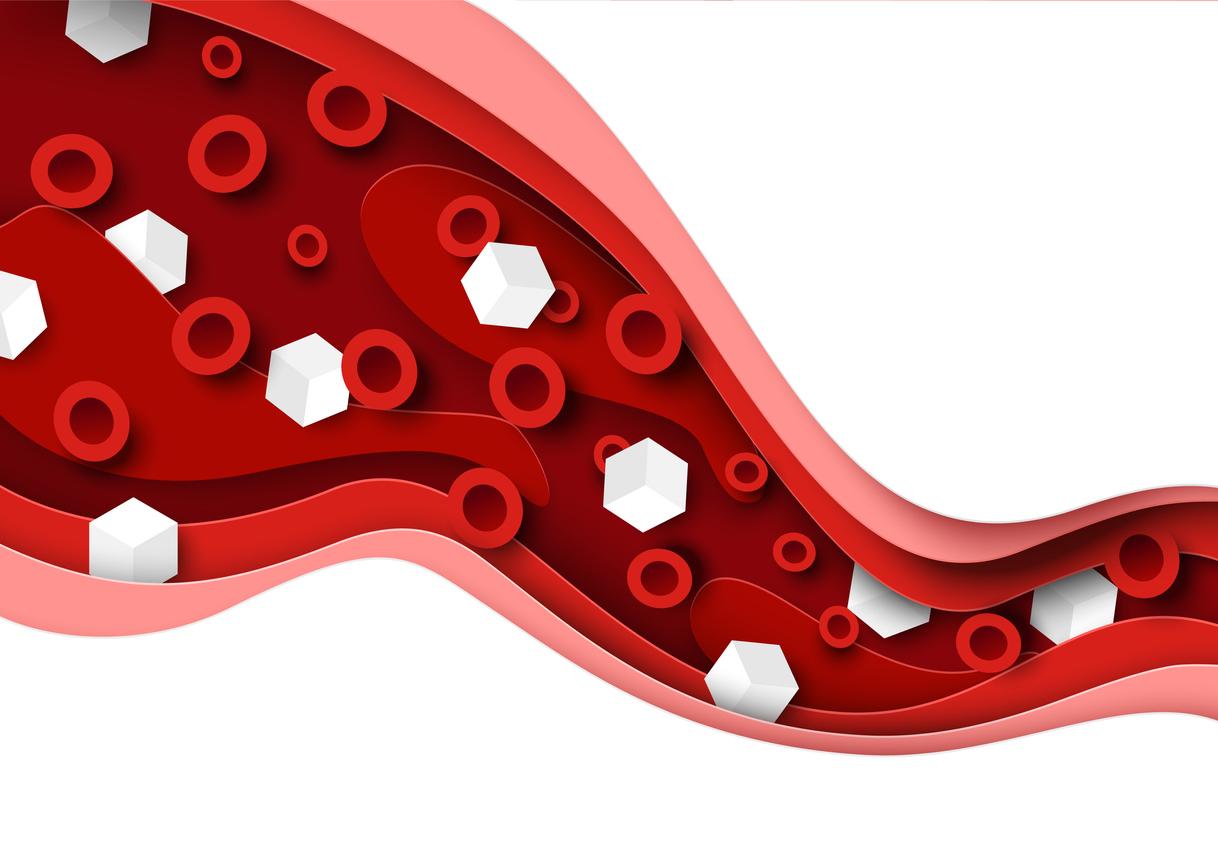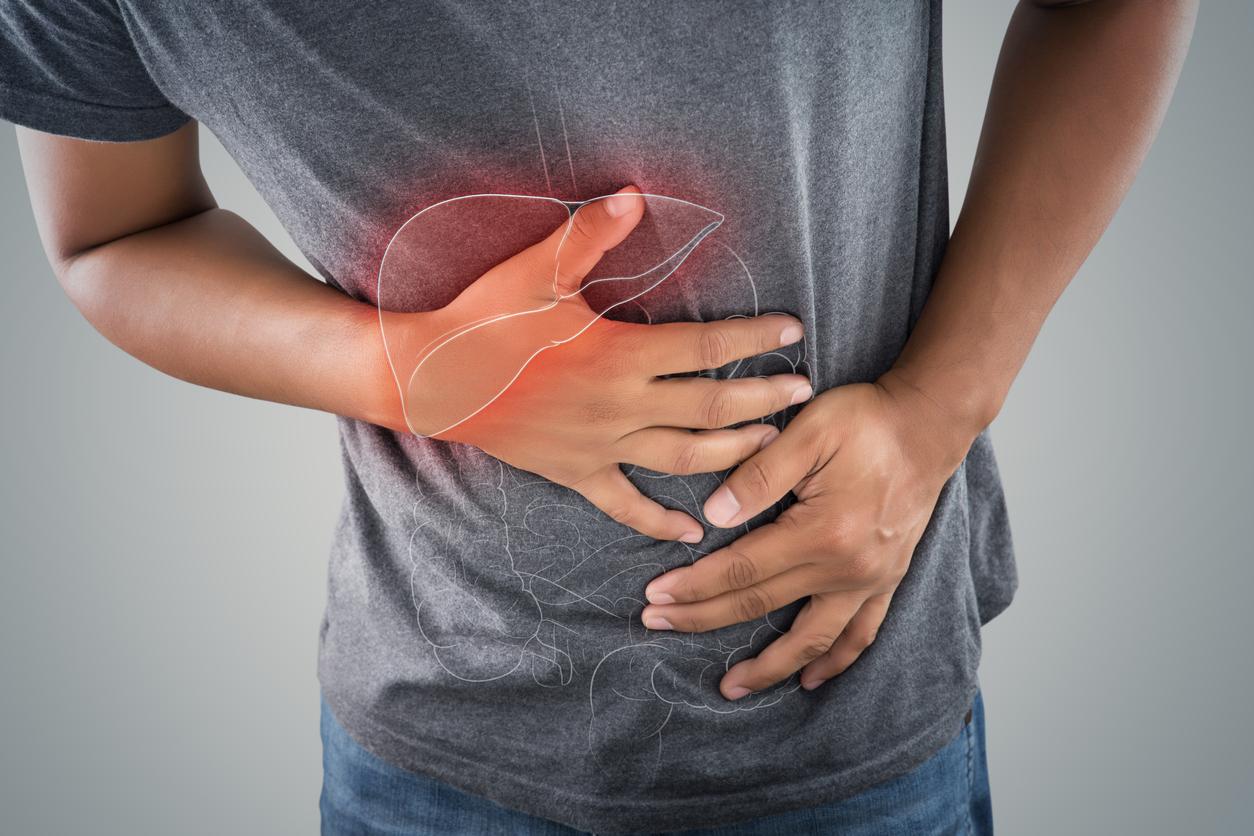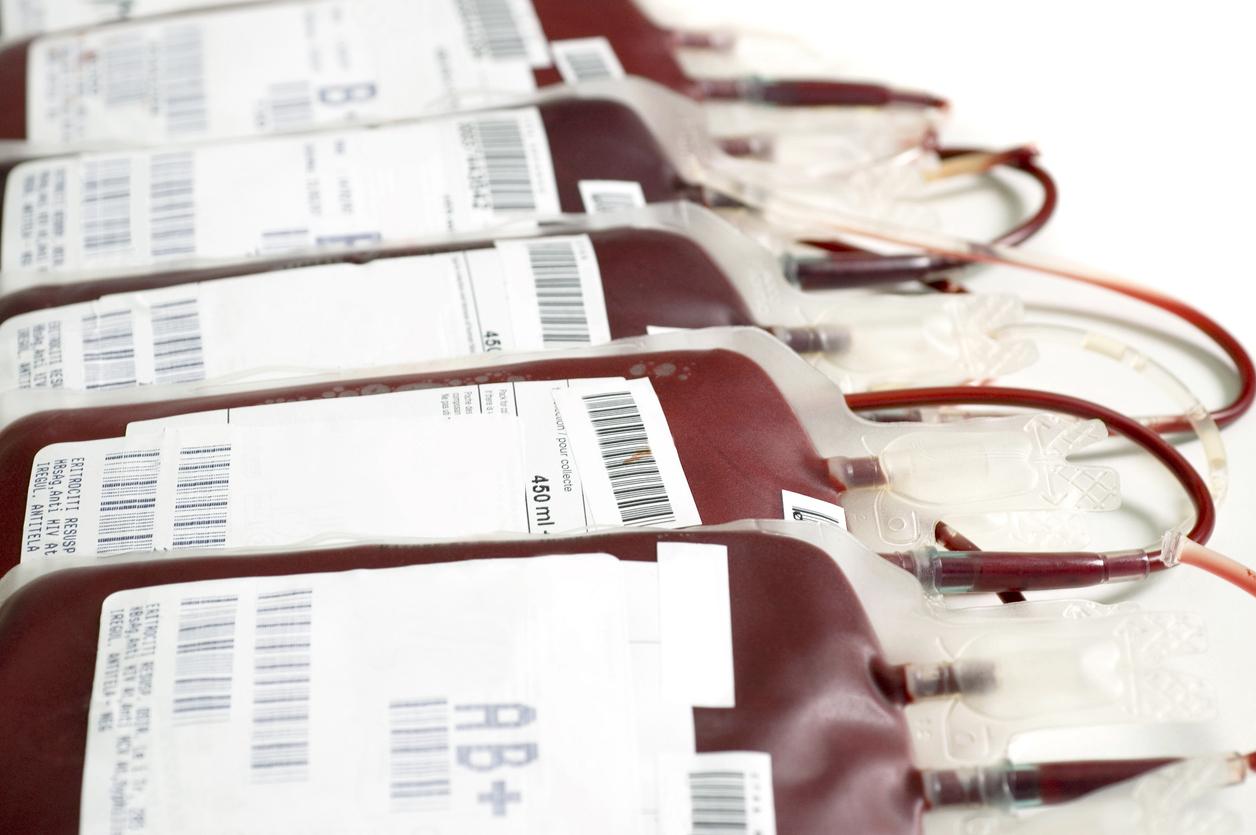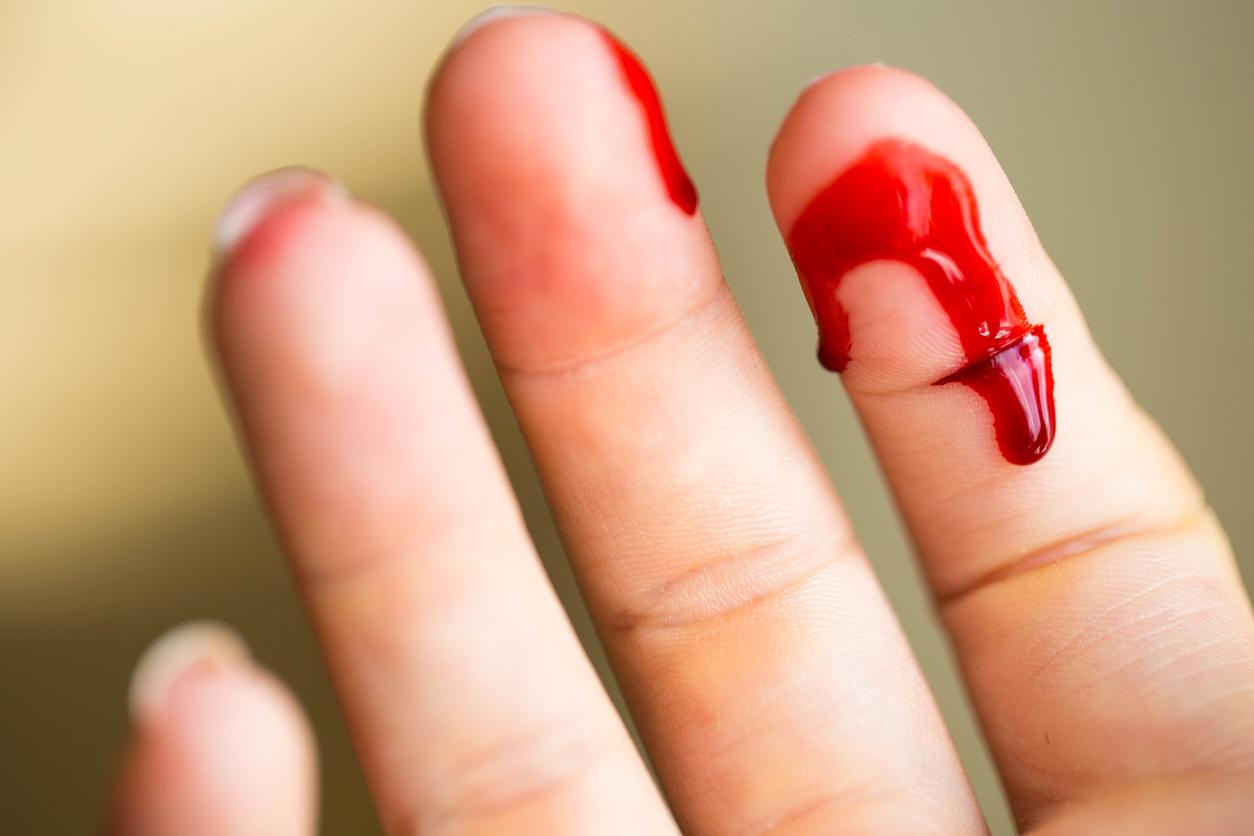Whole blood donation, platelet donation and plasma donation are voluntary and unpaid civic acts in France.
Each year, more than a million people are treated with blood products, half by transfusion, the other half by the administration of drugs derived from blood. Every day, 8,000 blood donations are needed. They are used for patients with leukemia (blood cancers), road accident victims, surgical procedures, to treat dysfunctions of the immune system or even during hemorrhages occurring during childbirth.
Universal donors, the people of blood group O- are particularly sought after since their blood can be transfused to any recipient, regardless of blood type.
A whole blood donation, the most common donation, involves taking 400 to 500 ml of blood from the volunteer through a catheter in the arm.
In theory, a woman can donate blood 4 times a year, a man 6 times, with a delay of at least 8 weeks between each donation.
In practice, there are contraindications that can temporarily or permanently exclude donating blood. Certain medications, certain so-called “risky” practices, certain characteristics (age, weight, travel) or even certain diseases constitute criteria that prevent giving.
If a medical interview based on a questionnaire systematically takes place before the donation, it is better to know in advance the contraindications to donating blood, to avoid going to a blood drive without being able to donate.









